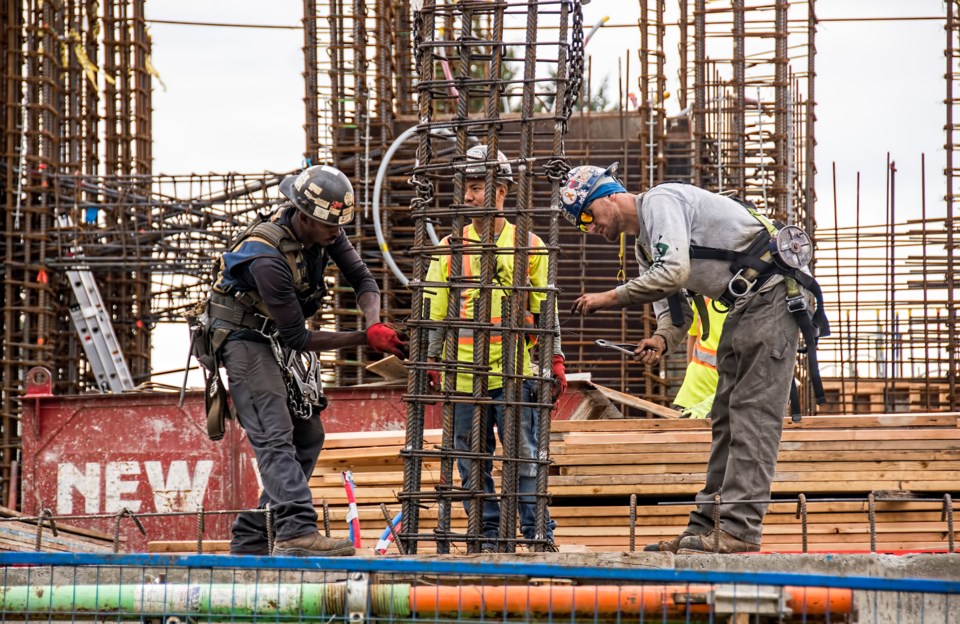B.C. is ushering in new building and fires codes early in the new year. While the codes are meant to bolster safety, some industry stakeholders are raising concerns about the potential impact those regulations could have on housing costs.
Most of the new codes will come into effect March 8, 2024, replacing the current codes, which have been around since December 2018.
While some stakeholders say the new codes contain necessary improvements, the new rules will add to uncertainty over permit delays, increased costs and labour shortages.
“A lot of these changes are coming with good intent, mostly for safety reasons and a level of risk. But we are also having to address affordability in so many areas of society,” said Chris Quigley, director of development at Victoria-based Aryze Developments.
“We have a very clear signal from the [B.C.] minister of housing that housing targets and supporting new development is a priority for him and his government. And therefore, these things potentially fly in the face of that.”
The new codes will add requirements for seismic safety measures and increased accessibility.
Other specific requirements include measures to ensure living spaces do not exceed 26C, offering power-operated doors in all building entrances and universal washrooms, as well as an elevator in all large two and three-storey apartment buildings, according to the B.C. government.
Regulations surrounding adaptable dwellings and earthquake design go into effect March 10, 2025, allowing for a longer transition period for the industry and municipalities.
Many of the changes in the new codes will result in cost increases that may be passed on to whoever buys the property, said Quigley.
“Then on top of that, there are other policies being put forward both at the senior government level and at the local level, which again, have very good intentions behind them, but are likely to have a knock-on impact for costs as well,” he said.
Chris Atchison, president of the B.C. Construction Association, said his organization supports the new codes but that more information needs to be given to the public about how the updates could impact housing prices.
“Where there needs to be increased awareness is that every time there's a change, building codes are just one aspect of it, but if there's increased permitting costs, zoning costs … it's a constant drip, drip, drip to the increasing costs of construction, overall. At a time when there also is a national housing crisis that's no less here in British Columbia than there is anywhere else,” he said.
The codes apply across the province, except on some federal lands and in the City of Vancouver, which has its own building bylaws, according to the province.


